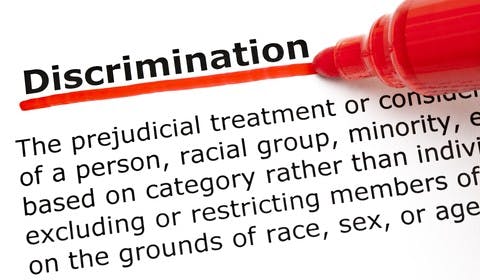By Eric B. Meyer
I’ve written a bunch about the deep doo-doo in which employers often find themselves whenasking about retirement or referring to an employee as “old man” or “old mother******.”
So, for sure, you’d think that 20 comments over the course of several months at work ranging from “old man” to “old bastard” to “grumpy old bastard” to “How you doing old man, how’s it going old man?’” would get a plaintiff’s age discrimination claims to a jury.
Random comments aren’t discrimination
Well, it didn’t quite work out that way in Sterk v. Zimmer, Inc. The plaintiff claimed that these comments demonstrated that his age motivated the defendant to fire him. Except, well, Judge William C. Lee in the Northern District of Indiana will let my readers know why not:
The court agrees with Zimmer that this evidence is insufficient to establish age discrimination under the direct method of proof.
First, argues Zimmer, the comments made by co-workers referencing Sterk’s age do not constitute direct evidence of discrimination since isolated comments of non-decision makers are ‘stray remarks that cannot be direct evidence of discrimination’ and do not establish that a particular decision was motivated by discriminatory animus.”…
While Sterk insists that one of his supervisors “referred to him as the ‘old man’ two or three times over an eight month period[,]” it is undisputed that that supervisor was not involved in the decision to terminate Sterk.”
What about a hostile work environment?
Well, yes. An employer may create a hostile work environment based on age. But, the plaintiff here didn’t allege a hostile work environment. And if he had, 20 comments over several months probably isn’t pervasive enough to prevail.
Employer takeaways
The comments — assuming they were made — probably weren’t communicated with malice. But then again, that doesn’t really matter.
Say it with me — “Intent doesn’t matter.” What does matter is how ageist/sexist/racist/etc. comments are received.
If the target is offended, and a reasonable person in the target’s shoes would be offended, then you’ve got the makings of a hostile work environment — let alone a possible disparate treatment claim if the target is fired, as the story often goes.
This was originally published on Eric B. Meyer’s blog, The Employer Handbook.
